![World Diabetes Day aims to globally raise awareness about diabetes [AdobeStock] World Diabetes Day aims to globally raise awareness about diabetes [AdobeStock]](https://static.netnaija.com/i/QJNjZd1pNrL.webp)
Today is World Diabetes Day, an international awareness campaign dedicated to raising awareness about diabetes and its prevention and management.
The purpose of World Diabetes Day, celebrated annually on November 14, is to raise public awareness educating people about diabetes and encouraging them to take steps in order to prevent the disease or manage it if they already have it.
Diabetes is a chronic disease that affects how your body turns food into energy. The most common type of diabetes is type 2 diabetes, which develops when your body becomes resistant to insulin or doesn't make enough insulin, which is a hormone that helps your body's cells use glucose for energy.
Diabetes can cause serious health problems, including heart disease, stroke, blindness, and kidney disease, which is why it's important to pay attention to the subtle signs of diabetes so that you can get diagnosed and treated early.
Some subtle signs of diabetes
Increased thirst
Frequent urination
Extreme hunger
Unexplained weight loss
Fatigue
Blurred vision
Slow-healing sores
Numbness or tingling in the hands or feet
Dark patches of skin on the neck, armpits, or groin
If you have any of these symptoms, see a doctor right away. Early diagnosis and treatment of diabetes can help to prevent or delay the onset of serious complications.
Our bodies are constantly giving us signs about our health and it's important to pay attention to these signs so that we can catch any potential problems early. When we ignore the signs our body gives us, we put ourselves at risk for health problems.
Some healthy tips
By following the tips listed below, you can learn to listen to your body and identify any potential health problems early.
Be aware of your body's normal state: This includes knowing what your normal body temperature is, how strong or weak you are, and how often you urinate.
Pay attention to any changes in your body, new symptoms or changes in existing symptoms.
Don't ignore any symptoms, even if they seem minor.
Talk to your doctor about any symptoms that you're concerned about.



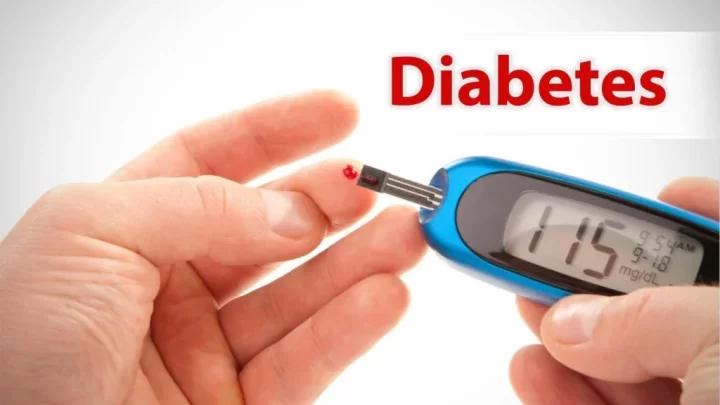
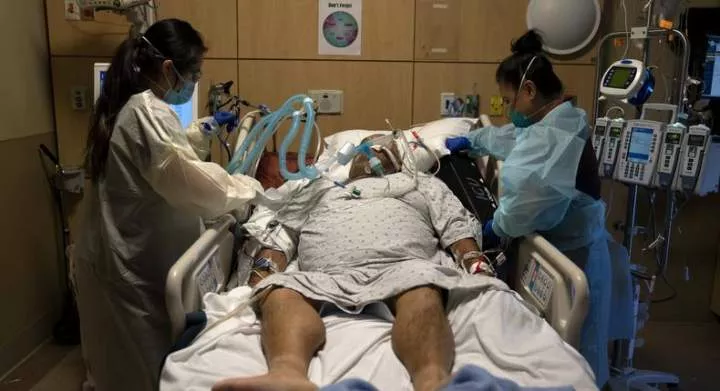
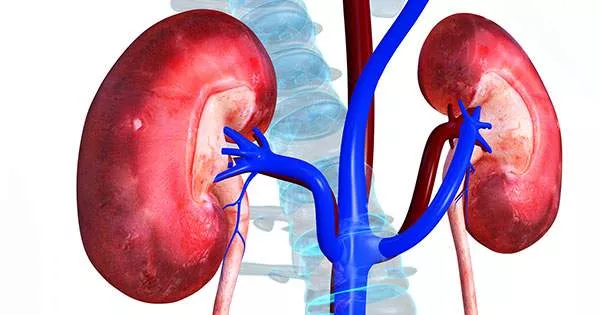
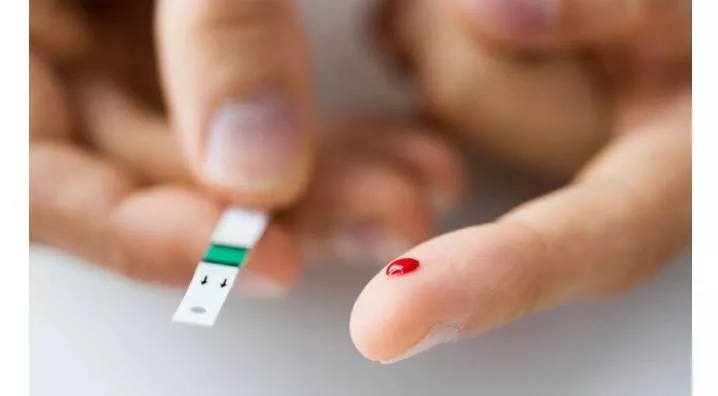



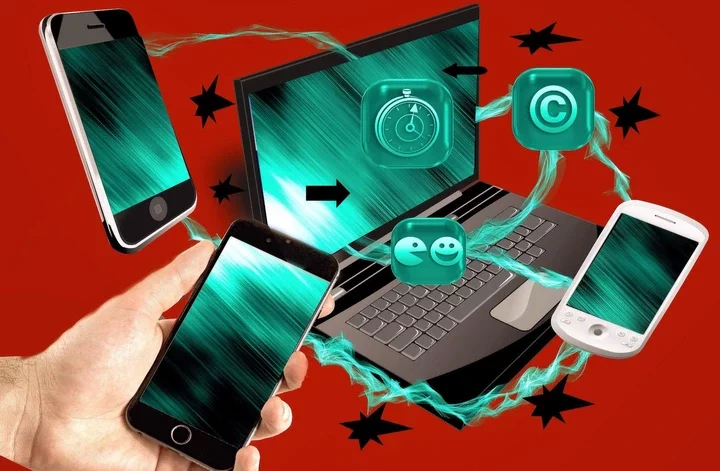





Comments